Opportunities
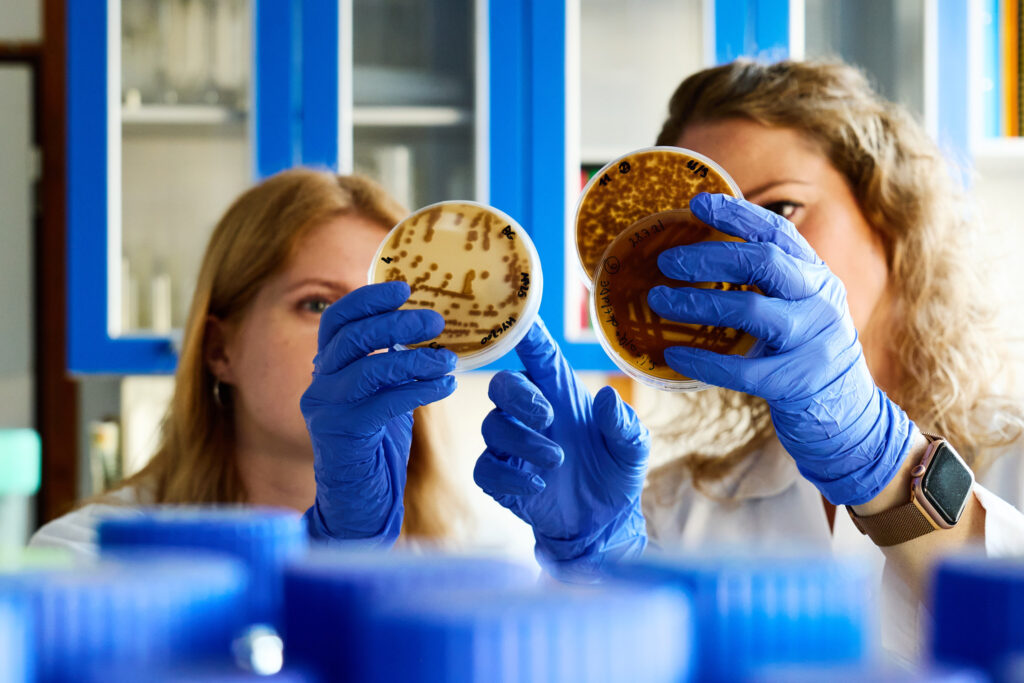
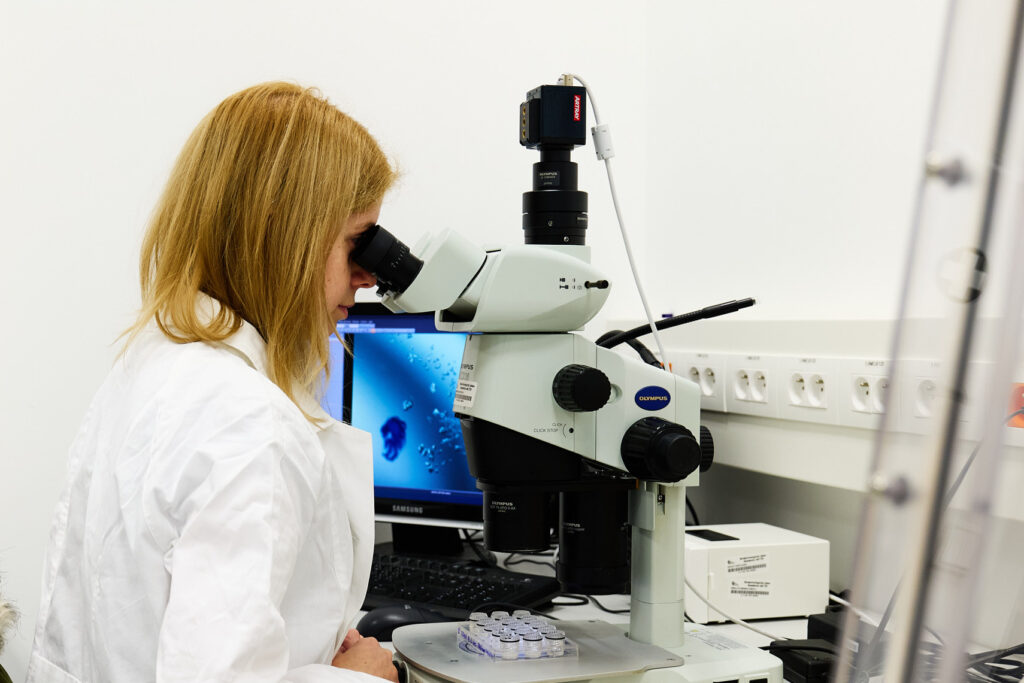
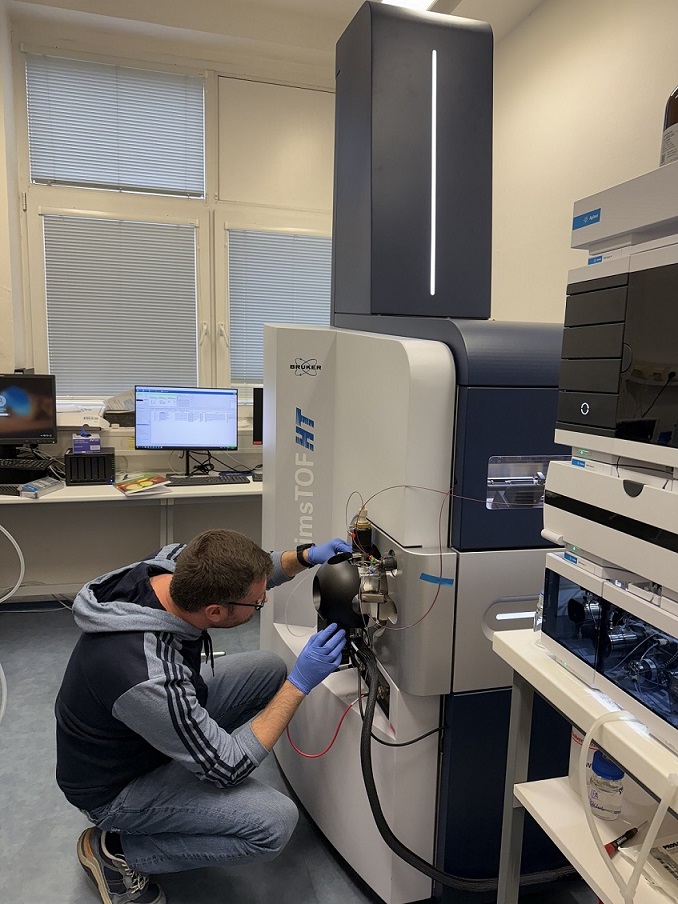
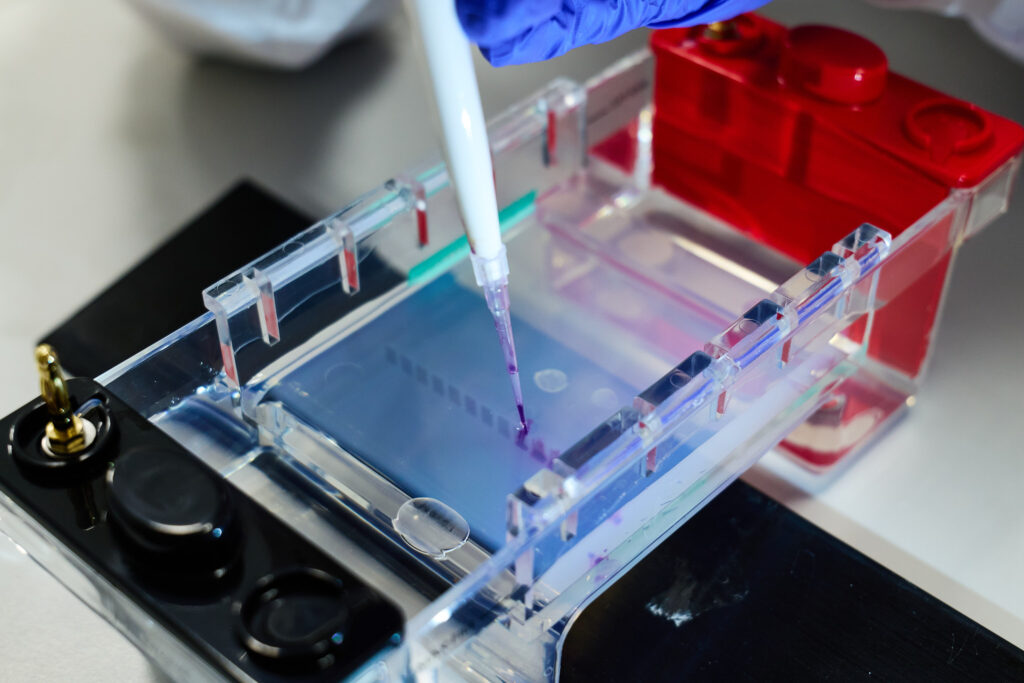
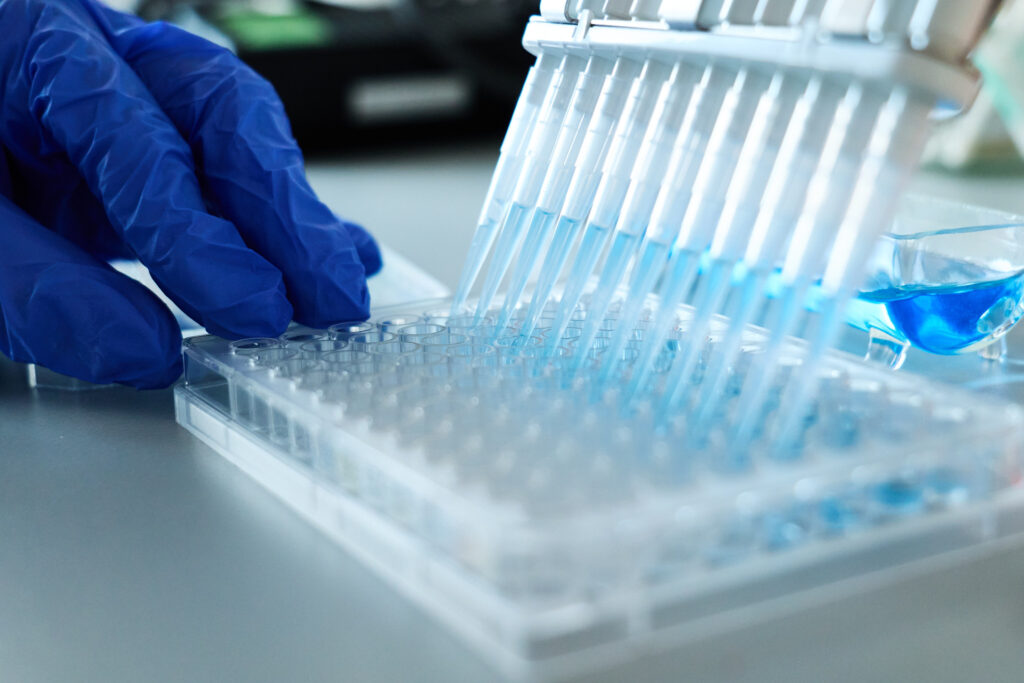
We offer elaborating bachelor/diploma/dissertation theses in the field of microbiology, biochemistry and protein engineering. Contact us with a CV and a motivation letter if you want to become our team member, as a MSc. or PhD. student or a postdoc.
Contact us with a CV and a motivation letter.
1. Detailed characterization of the functions and roles of selected enzymes in the biosynthesis of bioactive metabolites incorporating alkylproline derivatives
2. Search for new drugs: Activation of silent pathways for biosynthesis of natural bioactive compounds (possible even for PhD)
3. Bioactive metabolites containing a new type of building unit discovered by bioinformatic analysis of genomic databases. (possible even for PhD)
4. Derivatization and Spectral Library Construction for Polar Metabolites in LC-MS-Based Metabolomics
- More information+ contacts in the section below
- Or if have different idea for your topic contact us with a CV and a motivation letter 🙂
1. Search for new drugs: Activation of silent pathways for biosynthesis of natural bioactive compounds (possible even for MSc.)
2. Bioactive metabolites containing a new type of building unit discovered by bioinformatic analysis of genomic databases. (possible even for MSc.)
- More information+ contacts in the section below
- Or if have different idea for your topic contact us with a CV and a motivation letter 🙂
This diploma thesis presents an exciting opportunity to join our research group’s quest to uncover the biosynthesis of alkylproline derivatives, unusual building blocks for a wide range of potent specialized metabolites with exceptional biological activities. These compounds, like the antibiotic lincomycin and antitumor agents pyrrolobenzodiazepines, owe their biological power to the unique alkylproline unit they contain. While we’ve made significant progress in understanding how alkylproline is formed, two key aspects of this biosynthetic pathway remain unclear, and each has a critical influence on the bioactivity of the final metabolite: the creation of a specific stereocenter and F420H2-dependent reduction, both which determines the molecule’s unique shape This multidisciplinary work will encompass classical microbiology techniques, cloning, site-directed mutagenesis, protein overexpression and purification, enzymatic assays, as well as liquid chromatography and mass spectrometry.
If you are interested contact Lucie Zdvořáková; lucie.zdvorakova@biomed.cas.cz
Actinomycetes are bacteria present mainly in soil, they are rich source of various bioactive compounds e.g. streptomycin, tetracyclin, vancomycin. The boom in genome sequencing in the last decade revealed that these microorganisms can produce up to tens of diverse compounds. Their biosynthetic pathways are often not active under the traditional cultivation conditions and their products thus frequently remain unknown. In our laboratory, we have collection of actinomycetes isolated from various soil and marine samples in many locations around the world. Genome sequence of many of these organism is already available and we have already selected several interesting „silent“ biosynthetic pathways. The aim of the work is to employ currently available and newly arising techniques including mainly manipulation of regulation of the biosynthetic pathways in order to activate these pathways, isolate the produced metabolite and describe its structure and bioactivity. Based on the structure of the compound, the work can continue to predict and experimentaly verify biosynthetic steps and study structure and function of interesting enzymes. According to scope and focus of the work, experimental methods can include e.g. cultivation of microorganisms, LC-MS techniques, methods of isolation and manipulation of DNA, genome sequencing, bioinformatics, bioactivity assays of new compounds, isolation and purification of proteins, protein crystallization and protein activity assays.
If you are interested contact Stanislav Kadlčík; kadlcik@biomed.cas.cz
The project focuses on the research of bioactive actinobacterial metabolites (antibiotics, anticancer agents) that incorporate a previously unknown type of alkylproline structural motif. This motif is important for bioactivity because, in general, compared to similar compounds with incorporated proline instead of alkylproline, alkylproline derivatives enhance the biological activity of metabolites. So far, only four groups of such compounds are known. We have recently developed a new bioinformatics tool, CluSeek (cluster seeker, www.cluseek.com, publication in progress), which allows automated searching of large amounts of genomic data in the GenBank database to identify novel biosynthetic pathways. We have discovered dozens of novel biosynthetic pathways in this way, including those that, according to our bioinformatic analyses, lead to the biosynthesis of previously unknown metabolites with a novel type of alkylproline motif. Relevant production strains have already been obtained and are available in our laboratory. The project will focus on the production of a selected metabolite in a suitable production host strain and the isolation of this compound in quantities sufficient for detailed analysis of structure and biological activity. The project is interdisciplinary, involving bioinformatic analysis of genomic data and biosynthetic pathways, cultivation techniques of different types of predominantly soil bacteria, advanced genetic engineering (e.g. heterologous expression, creation of mutant strains), analytical chemistry, including liquid chromatography and mass spectrometry. For a student with programming experience, the project may focus primarily on a bioinformatics approach with the aim of developing a web-based application of our CluSeek program, which appears to be a necessary next step to make our program available to users who prefer on-line tools.
If you are interested contact Stanislav Kadlčík; kadlcik@biomed.cas.cz
The project focuses on the research of bioactive actinobacterial metabolites (antibiotics, anticancer agents) that incorporate a previously unknown type of alkylproline structural motif. This motif is important for bioactivity because, in general, compared to similar compounds with incorporated proline instead of alkylproline, alkylproline derivatives enhance the biological activity of metabolites. So far, only four groups of such compounds are known. We have recently developed a new bioinformatics tool, CluSeek (cluster seeker, www.cluseek.com, publication in progress), which allows automated searching of large amounts of genomic data in the GenBank database to identify novel biosynthetic pathways. We have discovered dozens of novel biosynthetic pathways in this way, including those that, according to our bioinformatic analyses, lead to the biosynthesis of previously unknown metabolites with a novel type of alkylproline motif. Relevant production strains have already been obtained and are available in our laboratory. The project will focus on the production of a selected metabolite in a suitable production host strain and the isolation of this compound in quantities sufficient for detailed analysis of structure and biological activity. The project is interdisciplinary, involving bioinformatic analysis of genomic data and biosynthetic pathways, cultivation techniques of different types of predominantly soil bacteria, advanced genetic engineering (e.g. heterologous expression, creation of mutant strains), analytical chemistry, including liquid chromatography and mass spectrometry. For a student with programming experience, the project may focus primarily on a bioinformatics approach with the aim of developing a web-based application of our CluSeek program, which appears to be a necessary next step to make our program available to users who prefer on-line tools.
If you are interested contact Tomasso Stefani; tommaso.stefani@biomed.cas.cz
Institue of Microbiology
Institute of Microbiology, CAS
Vídeňská 1083, 142 20 Prague 4 - Krč
The Czech Republic
BIOCEV
Institute of Microbiology, CAS
Průmyslová 595, 252 50 Vestec
The Czech Republic
Contact Us
lab111@biomed.cas.cz
+420 241 062 371
